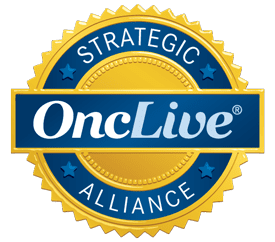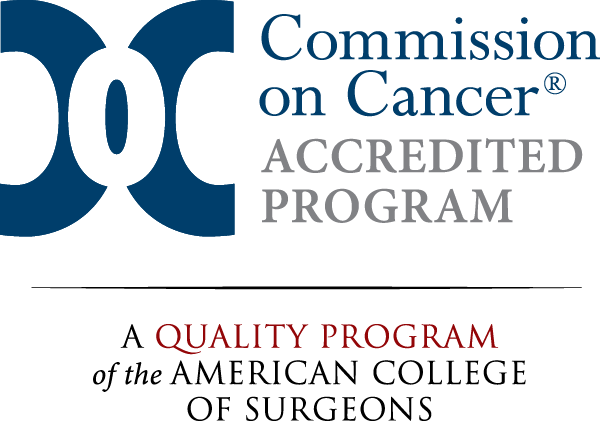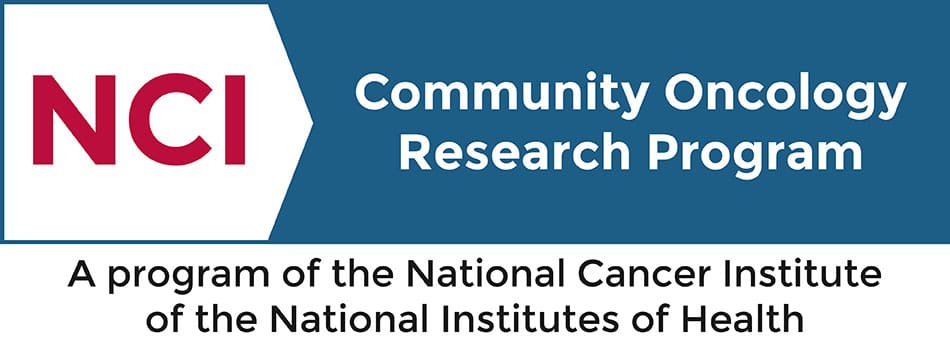Clinical Trial: Is It Right for Me?
In the medical field, researchers are constantly looking for new information to prevent and cure diseases, treat symptoms, and provide a better quality of life to those who are suffering. One way of gathering this information is through conducting clinical trials.
If you or someone you know has the opportunity to be a part of a cancer clinical trial, your first step is to be informed about the clinical trial and ask your doctor what it could mean for you or your loved one. Participating in a study will give you exposure to a new drug that may treat your disease and improve healthcare in the future.
The purpose of a clinical trial is to generate data and demonstrate that a new treatment is safe and effective. People participate in a clinical trial for different reasons. Patients with cancer may want to have access to the latest drugs or treatments. By doing so, they receive added care and attention by the physician and care team. Others may want to help researchers and help patients with the same disease in the future.
Understanding Clinical Trials
Researchers participate in clinical trials to explore the newest treatments. In order to do so, volunteers are required for the study and will test this new treatment.
Clinical Trial Phases
After a promising drug has been tested in the lab, it needs to be tested in a clinical trial. Clinical trials are conducted in phases, with different goals for each particular phase. When participants volunteer to participate in a study, they are informed about the risk and benefit of the study. It’s crucial to ask questions so you have a full understanding of the study, why it is being conducted, and if it is a good fit for you.
Patient Safety During Cancer Clinical Trials
To best understand the potential of risk for you, it’s important to have a conversation with the researchers or your point of contact in the study. These professionals will be open to communicating with you and increasing your knowledge of the clinical trials.
Participants are made aware of what is known as clinical trial protocol. This protocol includes:
- The goal of the study
- Who qualifies to take part in the trial
- Details about tests, procedures, and treatments
- The expected length of the trial
- What information will be gathered
While this information will be shared with you, you should continue to ask any further questions you have.
Why Should I Participate in a Clinical Trial?
Many people who go ahead with participating in a clinical trial feel that the benefits far outweigh the risks. The National Institutes of Health found that, “Healthy volunteers say they participate to help others and to contribute to moving science forward. Participants with an illness or disease also participate to help others, but also to possibly receive the newest treatment and to have the additional care and attention from the clinical trial staff.”
The NIH offers a comprehensive guide that may help you determine what is best for you.
__________________________________________________________________________
Clinical Trials at Capital Health Cancer Center
Our cancer clinical trials are performed by expert researchers exclusively employed by Capital Health. Capital Health Cancer Center has vastly grown in the number of clinical trials hosted within the past few years. During this time, it has allowed us to develop strong partnerships with other organizations. The more scientific information we discover, the more we can improve patient care.
Director’s Corner: Insight from Dr. Doria
Dr. Doria of Capital Health shares his insight on partnering with patient volunteers involved in clinical trials, emphasizing the importance of complete transparency in the relationship.
“I think the best way that we achieve the goal is to be one hundred percent honest with the patient and to describe the important details. One session might not be enough. One single conversation might not be enough. Sometimes you have to give the patient the time to digest the information. You have to be in the position of giving the patient some materials that he or she can read. And then sometimes you have to follow up with another phone call or with another visit.”
Dr. Doria and Capital Health are dedicated to working with patient volunteers in order to achieve the best outcome of the study. All parties must be informed.



